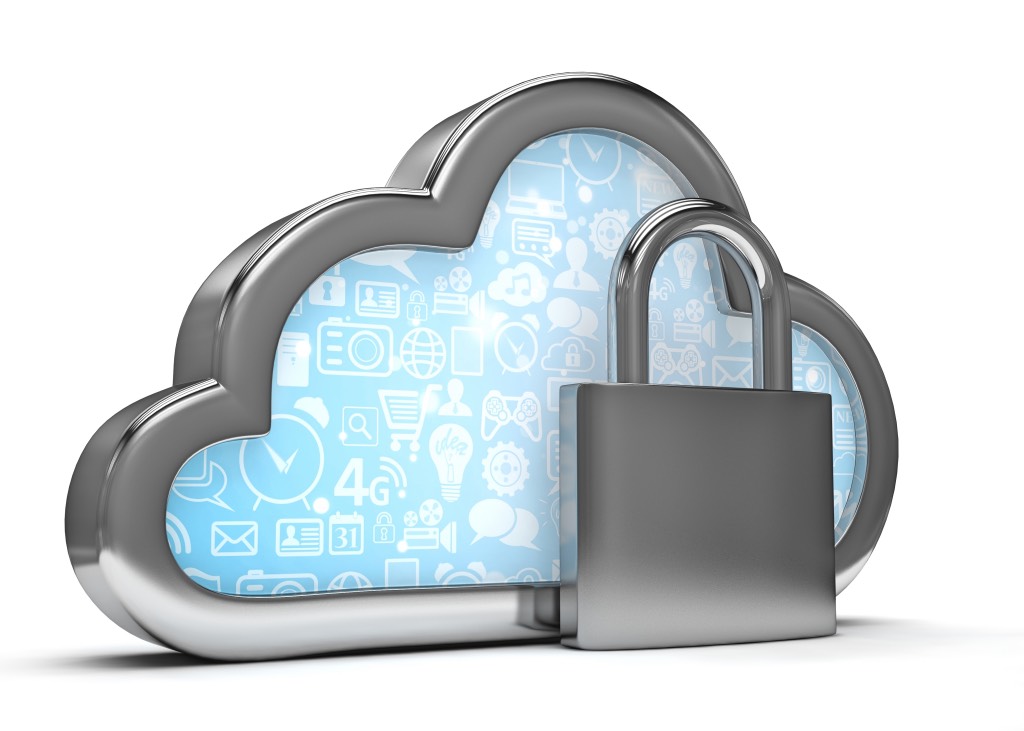Continuing its endeavor to build a secure and trusted cloud ecosystem, Microsoft has rolled the Trusted Cloud Tour. A year-long program designed to help organizations build trust and a comprehensive information security strategy, the Microsoft Trusted Cloud Tour will be a combination of multi-city and virtual sessions that will touch over 150 enterprises across the country. Microsoft also announced the general availability of Azure Sentinel, a cloud-native security information and event management (SIEM) system in India.
“Cloud-based services and mobile computing have changed the technology landscape for the modern enterprise. As companies embrace the opportunities presented by cloud innovation and mobile computing to enhance customer experiences, increase productivity, and optimize operations, their digital journey accelerates. With traditional IT boundaries disappearing, building a trusted IT ecosystem takes planning, time and commitment for organizations to get it right. Microsoft is empowering businesses in India to manage this by delivering trust in technology and bringing the right blend of modern cloud technology and expertise, combined with unparalleled built-in privacy, security, compliance and transparency benefits of enterprise grade and at hyper scale.” said Keshav Dhakad, Group Head & Assistant General Counsel, Corporate, External & Legal Affairs (CELA), Microsoft India, commenting on the two announcements.
The Microsoft Trusted Cloud Tour aims to support enterprises to enhance trust in their services and build a cybersecurity strategy in the era of flux and transformation. It will:
- give them an insight into the current data governance trends and regulations across the world and in India
- help them manage cloud security intelligently by proactively monitoring, analyzing and prioritizing threats within their environment to counter next-gen attacks
- enable them to leverage technologies such as AI and machine learning for developing security capabilities, as these technologies have the potential to help automate threat detection processes and allow cybersecurity talents to focus on higher-level activities and
- serve as a platform for brainstorming and exchange of ideas for frontline security executives
The tour will culminate in the first annual Microsoft CISO Awards which will recognize best practices across industries at the end of the fiscal year.
Microsoft has also made Azure Sentinel – a cloud-native SIEM that provides intelligent security analytics at cloud scale for enterprises of all sizes and workloads – now generally available. Unveiled in February this year, Azure Sentinel supports open standards such as Common Event Format (CEF) and broad partner connections, including Microsoft Intelligent Security Association partners such as Check Point, Cisco, F5, Fortinet, Palo Alto Networks and Symantec, as well as broader ecosystem partners such as ServiceNow. It blends the insights of Microsoft experts and AI with the unique insights and skills of in-house defenders of organizations and machine learning tools to uncover the most sophisticated attacks before they take root. Azure Sentinel helps empower SecOps teams to keep their organizations safe by harnessing the power, simplicity and extensibility of Azure to analyze data from Microsoft 365 and security solutions from other vendors. Early adopters have found that Azure Sentinel reduces threat hunting from hours to seconds. With Azure Sentinel, enterprises can now keep pace with the exponential growth in security data, improve security outcomes without adding analyst resources, and reduce hardware and operational costs.
Microsoft in cybersecurity
Microsoft’s approach to cybersecurity rests on three core functional areas: protect, detect and respond. To support a comprehensive, cross-company and cross-industry approach to cybersecurity, Microsoft invests more than a billion dollars in a year in security research, innovation and development. It is the first company in the industry to win a certification ISO/IEC 27018 that validates the highest levels of data security and privacy.









